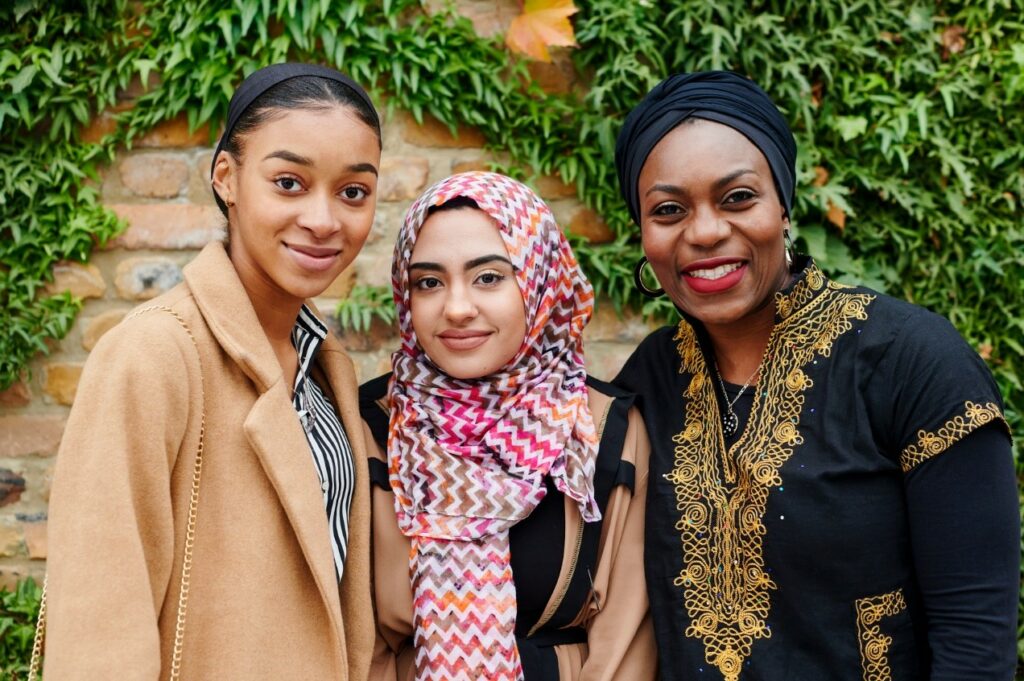Promoting health equity in research and clinical care

Equity is a key focus for researchers in the OSSU network, with two major tools launched this fall to advance health equity.
To help people disadvantaged because of racism, sexism and other forms of discrimination, Dr. Nav Persaud co-led, with Dr Aisha Lofters, a new preventive care guideline for clinicians in CMAJ earlier this fall. This is an extension of his work as a champion of equity, diversity and inclusion in research with OSSU, where he created a framework for equity in health research. The guideline, created by a diverse team of clinicians from across Canada with patient involvement, contains 16 preventive care recommendations, ranging from cancer screening to screening for depression, poverty and prioritizing access to primary care.
“Preventive care such as screening for certain cancers can save lives, but access to this care is not equitable for many reasons, including poor connections with primary care, limited availability to attend appointments, mistrust of health care and discriminatory practices in the health system,” said Dr. Persaud, Canada Research Chair in Health Justice at the University of Toronto.
To help clinicians determine which recommendations apply to a specific patient, the guideline team created an easy-to-use online tool, screening.ca.
Judging by the 250 plus attendees for a webinar on ICES’s new Guidance Document and Framework for Anti-Racist Approaches to Research and Analytics, this is also a priority for the research community.
The guidance document and framework are aimed at promoting anti-racist and anti-oppressive research practices, supporting appropriate use of race-related administrative health data in research and addressing other ways that systemic racism can lead to health inequities.
“This work is creating a path forward for us as an organization,” said Laura Ferreira-Legere, Senior Manager, Public Engagement & Knowledge Translation, ICES. “We want it to be used not only by ICES but by other data centres to broaden thinking about equity in research, how we can build relationships with racialized and equity-deserving communities, and continue to evolve this work as we learn and grow as an organization.”
ICES consulted with over 50 members of the public on a Peoples’ Panel, health equity experts, ICES staff, scientists and other stakeholders to create this document as part of its strategic plan to support research priorities in health equity and the social determinants of health.
The Guidance Document and Framework were also informed in part by the ICES Indigenous Data Governance Principles Framework, which was developed in collaboration with the Chiefs of Ontario and the ICES Indigenous Portfolio for First Nations Data and Research back in 2017.
The ICES team is now focused on implementation and engaging with the public and communities as part of a larger goal to build and strengthen these relationships, as well as increasing knowledge about how to access ICES analytics. Interested? Watch the Barriers to Patient Partnership and Equity webinar.